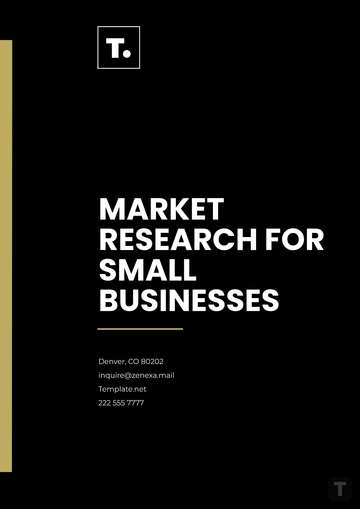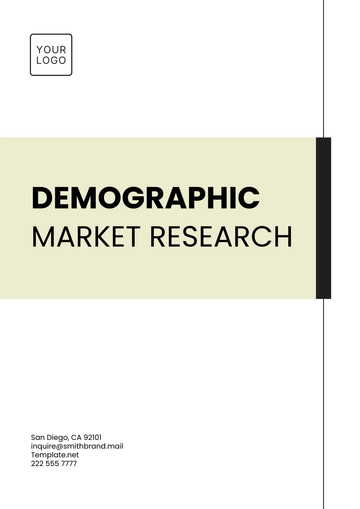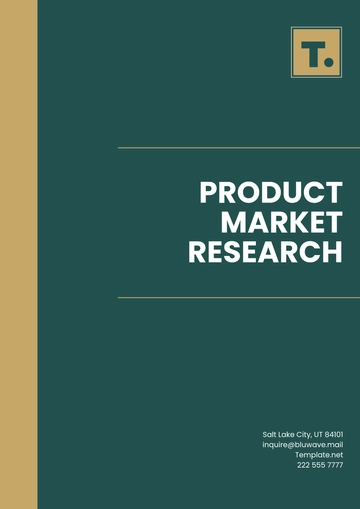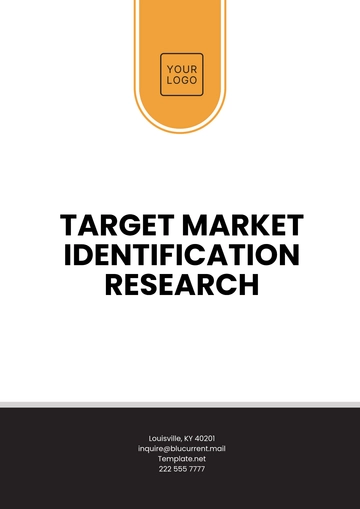Free Consumer Insights Market Research
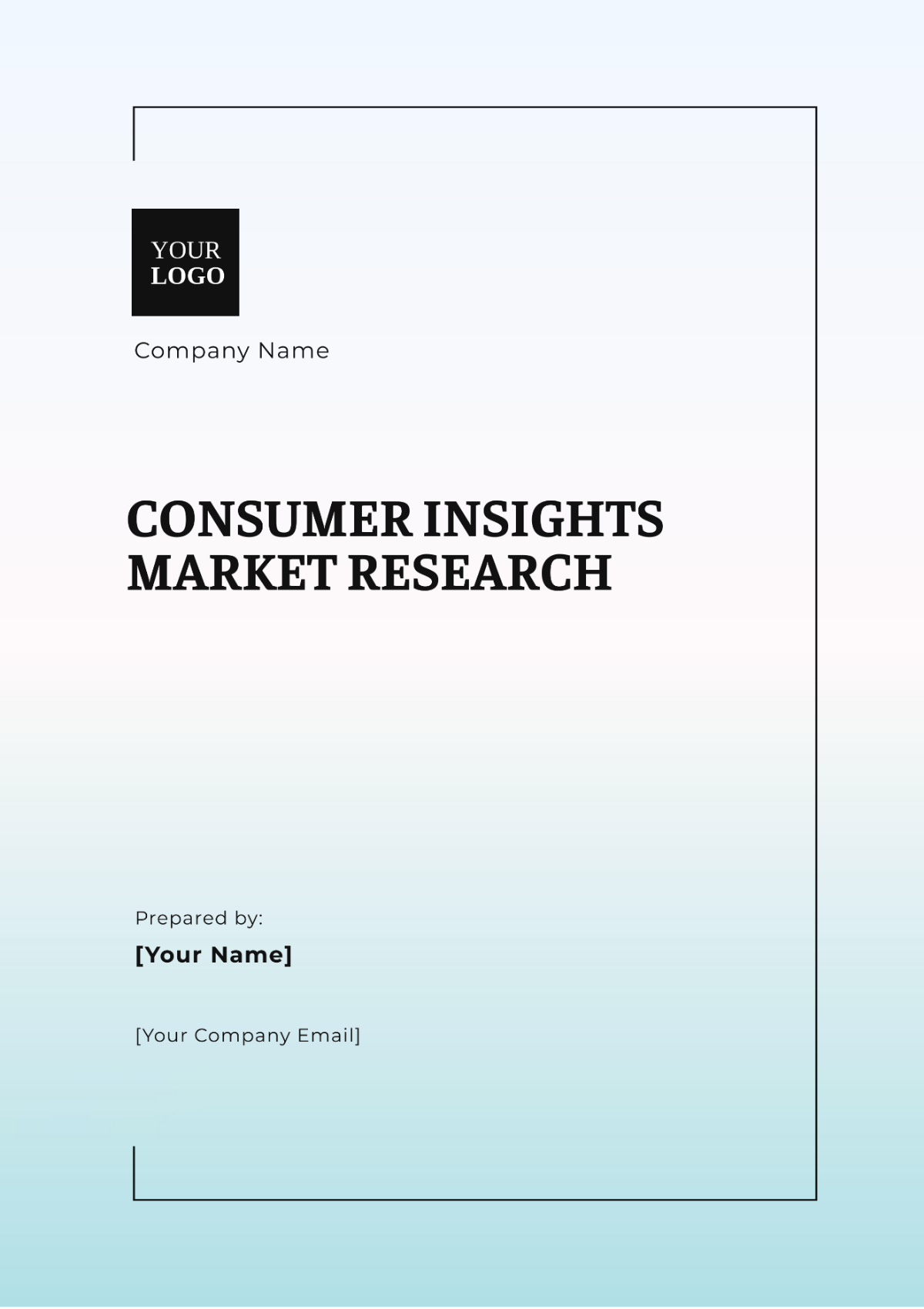
Objective: To understand consumer preferences, motivations, and behaviors related to organic skincare products in order to develop a new product line that meets market demand.
1. Data Collection Methods:
1.1 Surveys and Questionnaires:
Conducted online surveys with 1,000 participants, focusing on their skincare routines, product preferences, and perceptions of organic skincare products.
Key questions included:
How often do you use skincare products?
What are the most important factors when choosing skincare products? (e.g., ingredients, price, brand reputation)
How do you define "organic" skincare products?
What concerns do you have about non-organic skincare products?
1.2 Focus Groups:
Held 5 focus group sessions with 8-10 participants each, representing different demographics (age, gender, income level).
Discussed participants' experiences with organic skincare products, their motivations for choosing organic over non-organic products, and their expectations from an organic skincare line.
Key discussion points included:
Personal skincare routines and any issues faced.
Perceived benefits of organic skincare products.
Barriers to purchasing organic skincare products.
1.3 Interviews:
Conducted 20 in-depth interviews with consumers who regularly use organic skincare products.
Explored their detailed skincare routines, specific product choices, and emotional connections to organic products.
Key interview questions included:
Can you describe your daily skincare routine?
What specific organic skincare products do you use and why?
How do organic products make you feel compared to non-organic ones?
1.4 Social Media Monitoring:
Analyzed social media conversations on platforms like Instagram, Twitter, and beauty forums to identify trends and sentiments regarding organic skincare products.
Focused on hashtags like #OrganicSkincare, #CleanBeauty, and #NaturalProducts.
2. Data Analysis:
2.1 Statistical Analysis:
Analyzed survey data to identify patterns and preferences.
Key findings included:
72% of respondents prefer products labeled as 'organic' and 'natural.'
The most important product attributes were effectiveness (90%), absence of harmful chemicals (85%), and eco-friendly packaging (70%).

2.2 Qualitative Analysis:
Transcribed and coded focus group and interview data to identify common themes and insights.
Key insights included:
Consumers appreciate transparency in ingredient sourcing and manufacturing processes.
There is a strong emotional connection to brands perceived as environmentally responsible.
2.3 Segmentation:
Divided the market into distinct segments based on demographics, purchasing behaviors, and attitudes toward organic products.
Key segments included:
Eco-conscious Millennials: Highly value sustainability and eco-friendliness.
Health-focused Parents: Prioritize safety and natural ingredients for their families.
Luxury Seekers: Willing to pay a premium for high-quality, organic products.
3. Insights Generation:
3.1 Behavioral Insights:
Consumers are willing to pay more for organic skincare products that promise safety and efficacy.
The main barriers to purchasing organic products are price and skepticism about product claims.
3.2 Emotional Insights:
Consumers feel a sense of pride and responsibility when using organic products, associating them with a healthier lifestyle and environmental stewardship.
3.3 Cultural Insights:
The trend towards organic and natural products is driven by increasing awareness of health and environmental issues.
4. Application:
4.1 Product Development:
Developed a new line of organic skincare products featuring transparent ingredient sourcing, eco-friendly packaging, and a focus on efficacy and safety.
Products include organic facial cleansers, moisturizers, serums, and sunscreens.
4.2 Marketing Strategies:
Created targeted marketing campaigns emphasizing the benefits of organic ingredients, sustainability, and safety.
Used social media influencers to promote the new product line, focusing on the key market segments identified.
4.3 Customer Experience:
Enhanced customer experience by providing detailed information on ingredient sourcing and product benefits on packaging and the company website.
Offered a satisfaction guarantee to address consumer skepticism and build trust.
Conclusion
By conducting comprehensive Consumer Insights Market Research, [Your Company Name] was able to gain a deep understanding of consumer preferences and behaviors regarding organic skincare products. This enabled the development of a new product line that met market demand and aligned with consumer values, ultimately driving sales and enhancing brand loyalty.
- 100% Customizable, free editor
- Access 1 Million+ Templates, photo’s & graphics
- Download or share as a template
- Click and replace photos, graphics, text, backgrounds
- Resize, crop, AI write & more
- Access advanced editor
Require in-depth knowledge of consumers? Utilize Template.net's customizable Consumer Insights Market Research Template. Utilize our AI editing tool to personalize it and investigate consumer comments, preferences, and behaviors. Get useful information that you can use to improve your goods and services, your customers' experience, and your position in the market.



